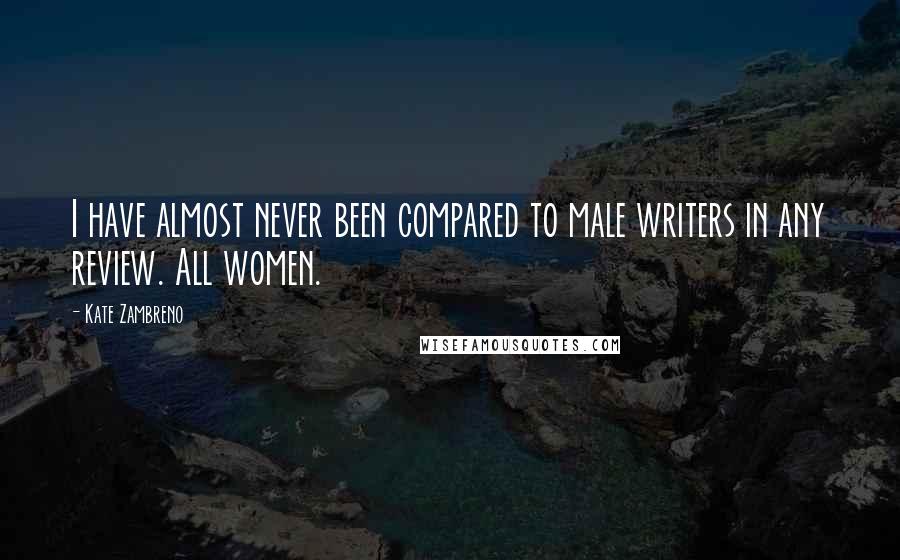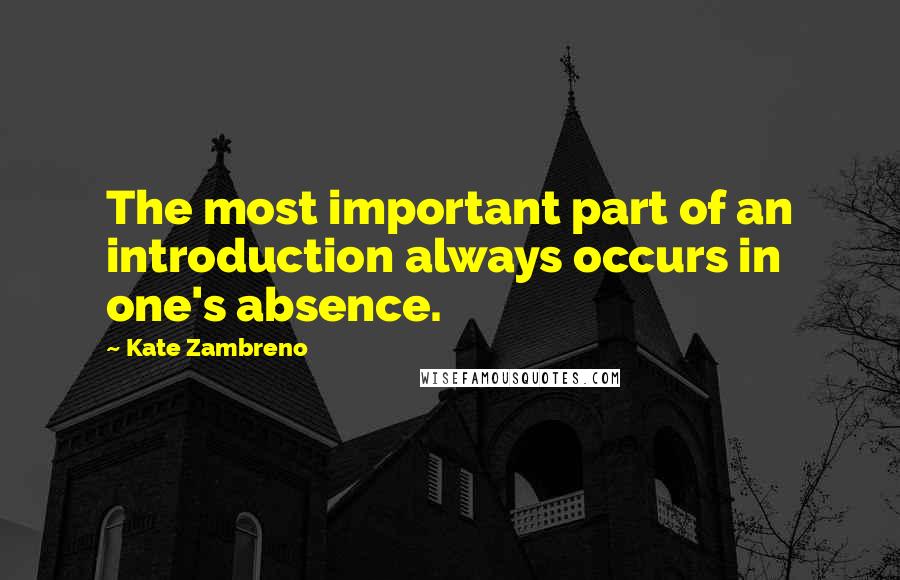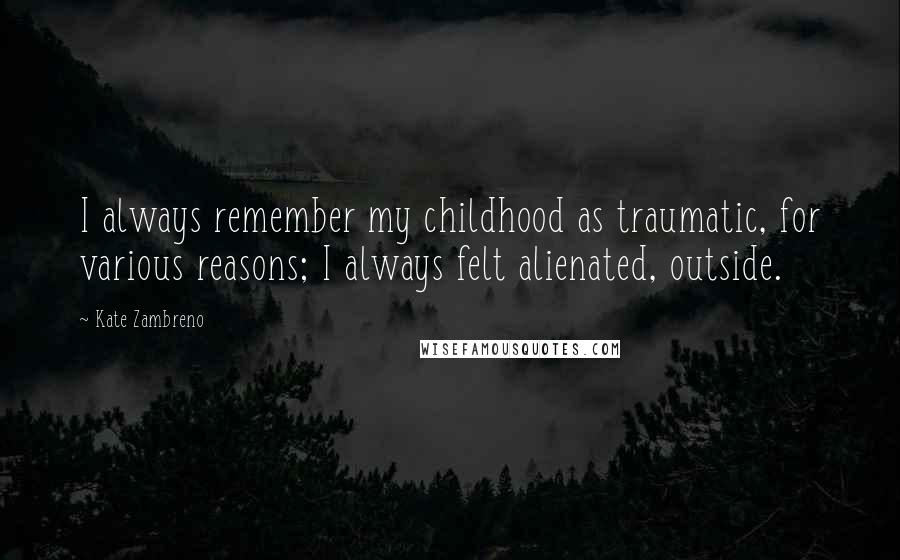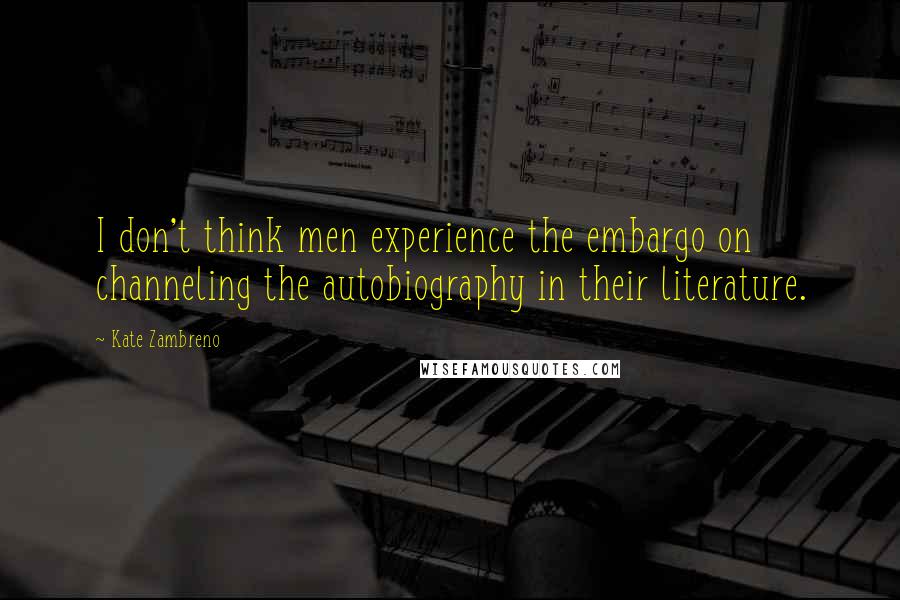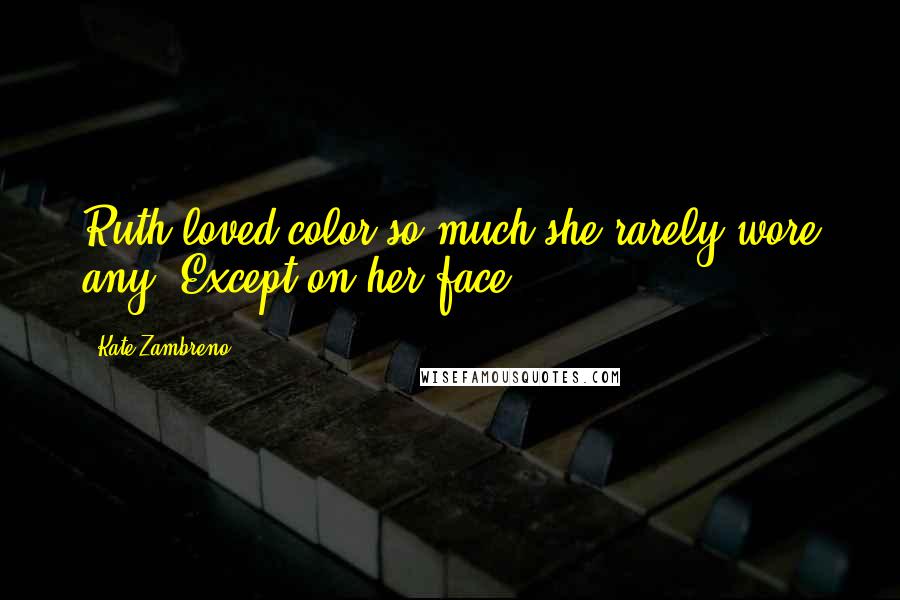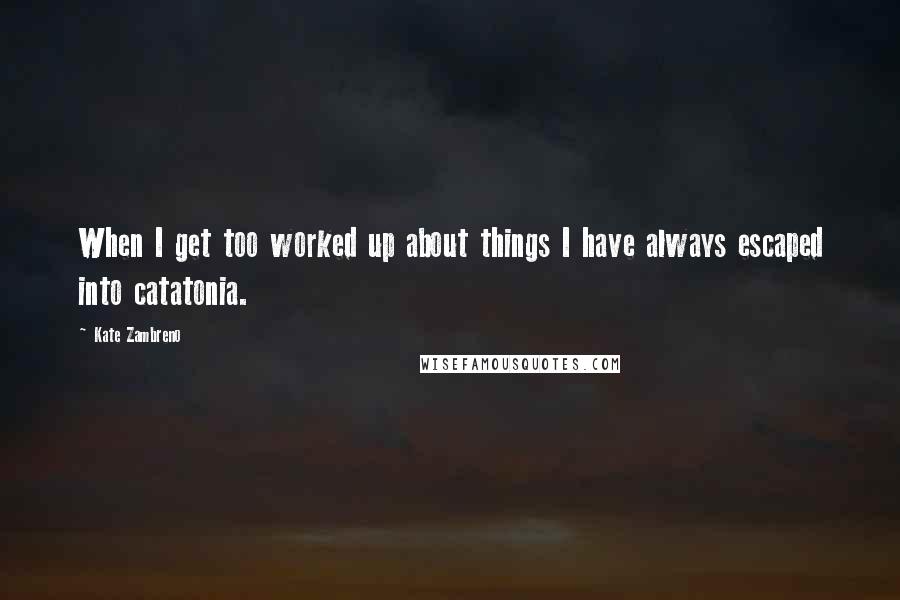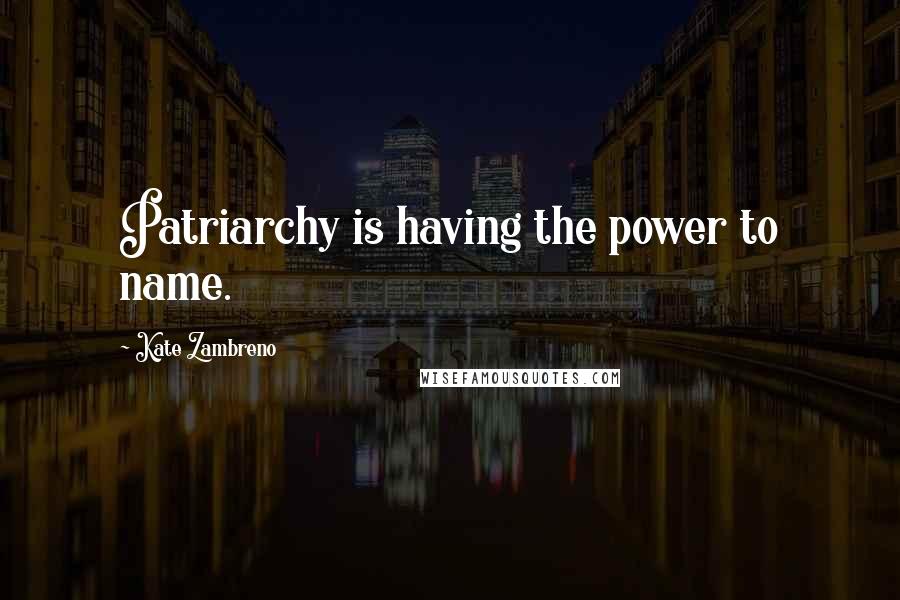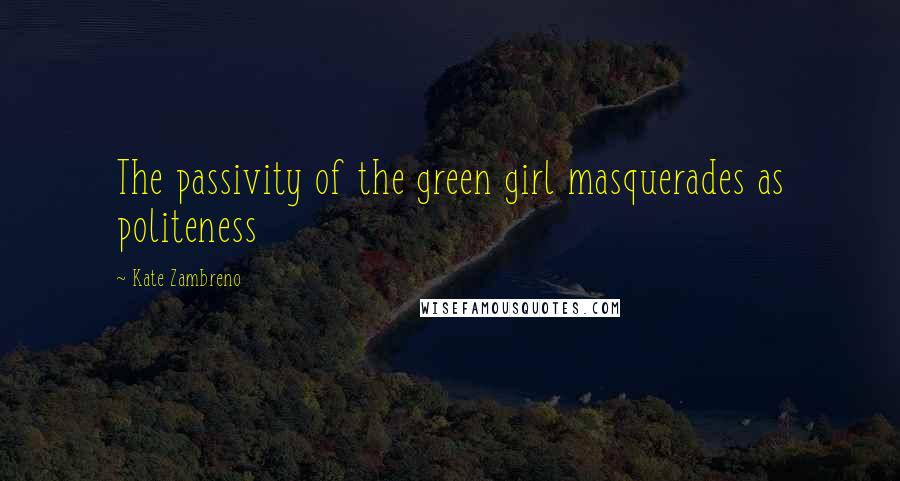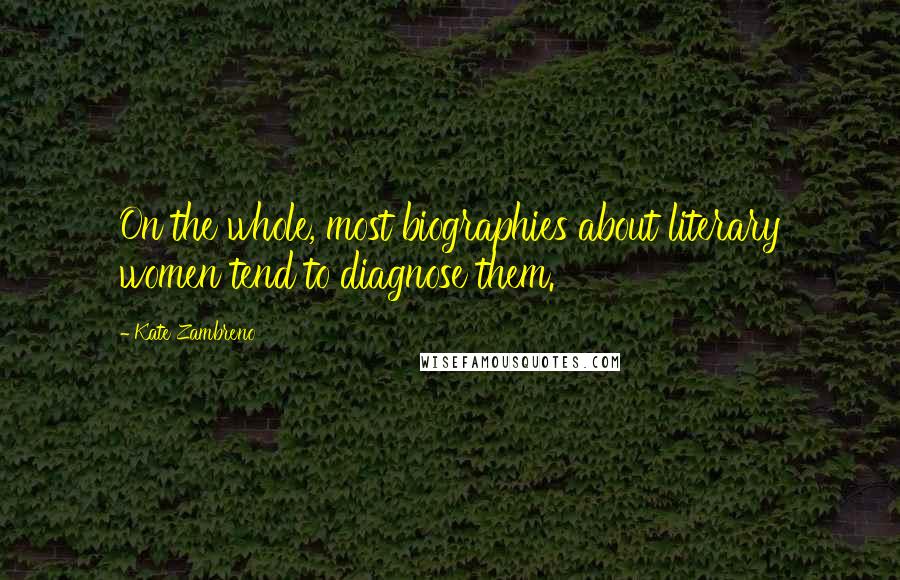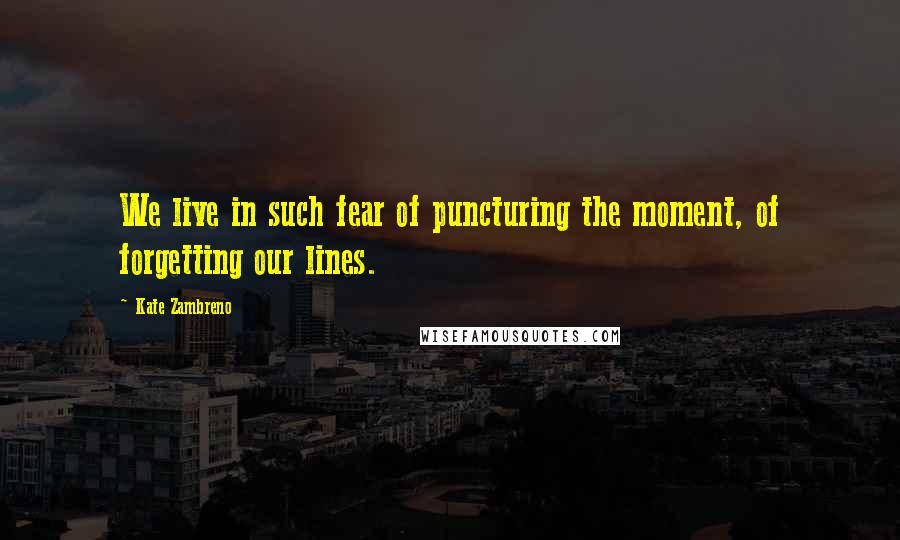Kate Zambreno Quotes
Top 29 wise famous quotes and sayings by Kate Zambreno
Kate Zambreno Famous Quotes & Sayings
Discover top inspirational quotes from Kate Zambreno on Wise Famous Quotes.
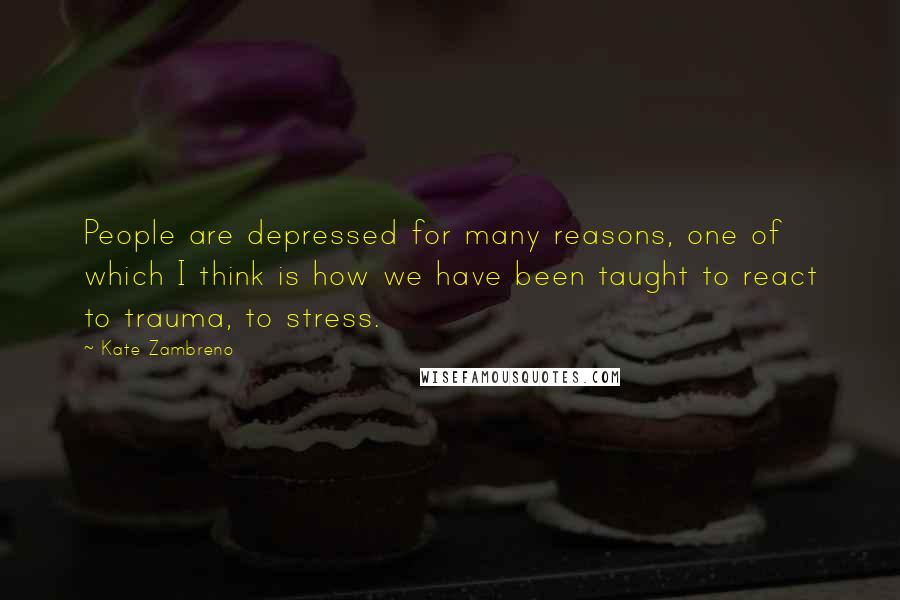 People are depressed for many reasons, one of which I think is how we have been taught to react to trauma, to stress.
People are depressed for many reasons, one of which I think is how we have been taught to react to trauma, to stress.
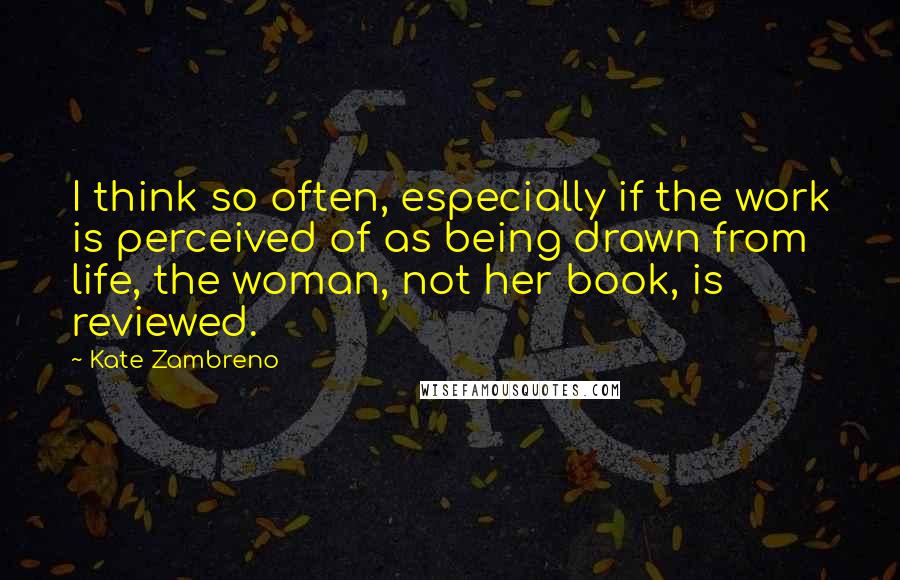 I think so often, especially if the work is perceived of as being drawn from life, the woman, not her book, is reviewed.
I think so often, especially if the work is perceived of as being drawn from life, the woman, not her book, is reviewed.
 All of my wildness is in the writing. I have discovered I have to be orderly and boring in my personal life to be wild in my work.
All of my wildness is in the writing. I have discovered I have to be orderly and boring in my personal life to be wild in my work.
 I think that writing and publishing are different. I think I will always write; I might not always publish. The idea of not publishing is wonderful!
I think that writing and publishing are different. I think I will always write; I might not always publish. The idea of not publishing is wonderful!
 I think the online space can be a free space, in that we are not reliant online on the publishing industry or readers who just don't get it.
I think the online space can be a free space, in that we are not reliant online on the publishing industry or readers who just don't get it.
 Agnes always wanted to go out. Out was better than in. In was inside, in was interior, in was introspection.
Agnes always wanted to go out. Out was better than in. In was inside, in was interior, in was introspection.
 What does she want to be? A green girl doesn't like to consider this question. She is waiting around to be discovered just for being herself.
What does she want to be? A green girl doesn't like to consider this question. She is waiting around to be discovered just for being herself.
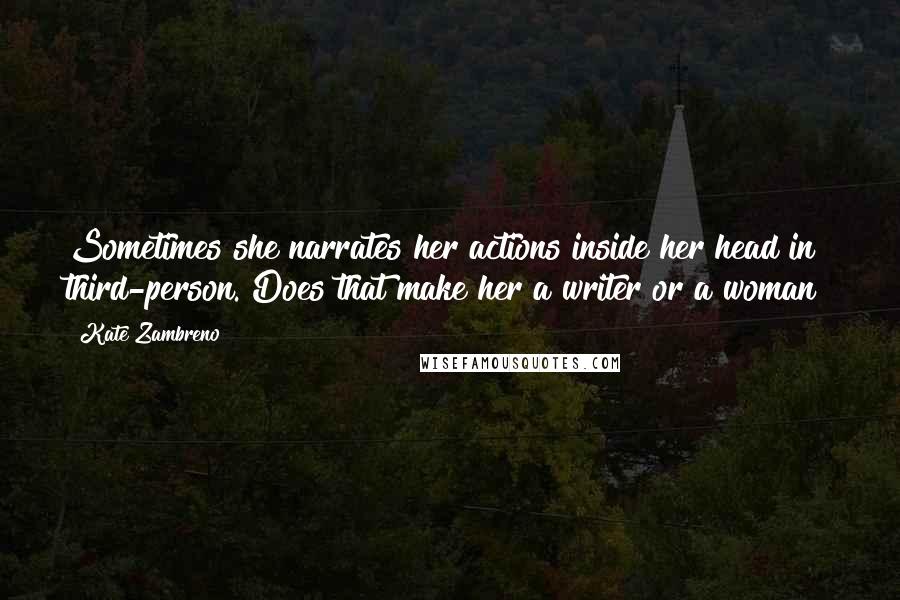 Sometimes she narrates her actions inside her head in third-person. Does that make her a writer or a woman?
Sometimes she narrates her actions inside her head in third-person. Does that make her a writer or a woman?
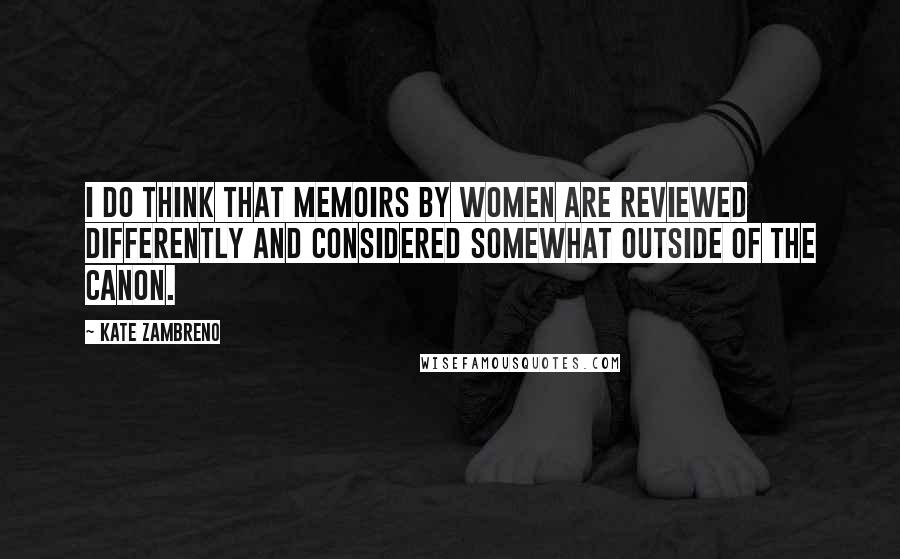 I do think that memoirs by women are reviewed differently and considered somewhat outside of the canon.
I do think that memoirs by women are reviewed differently and considered somewhat outside of the canon.
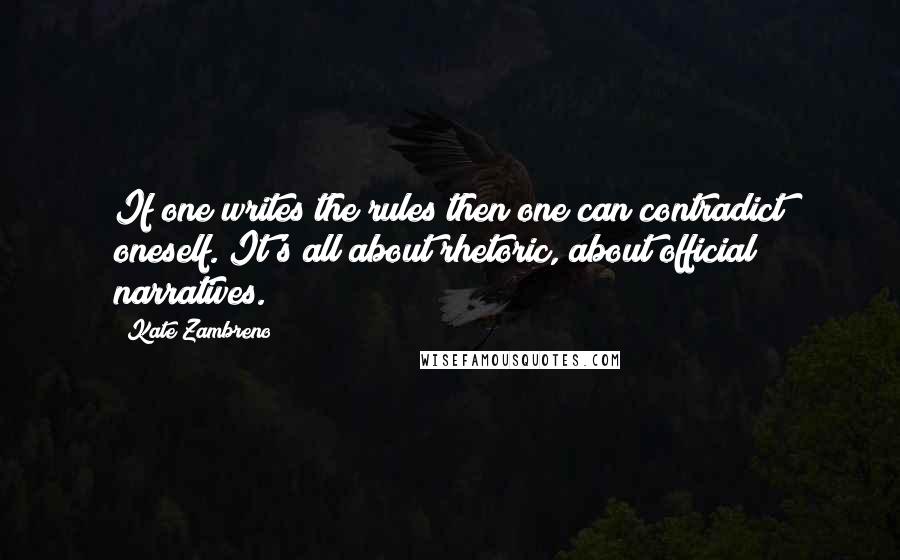 If one writes the rules then one can contradict oneself. It's all about rhetoric, about official narratives.
If one writes the rules then one can contradict oneself. It's all about rhetoric, about official narratives.
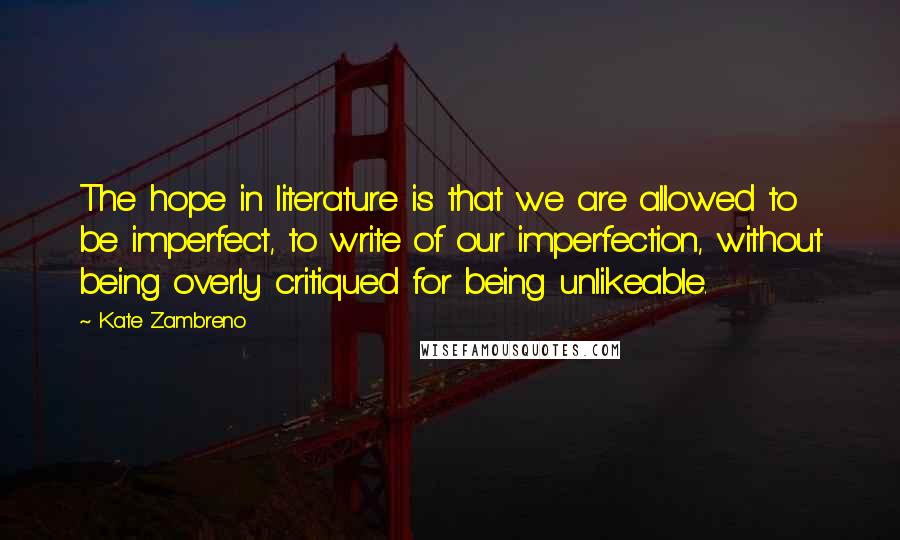 The hope in literature is that we are allowed to be imperfect, to write of our imperfection, without being overly critiqued for being unlikeable.
The hope in literature is that we are allowed to be imperfect, to write of our imperfection, without being overly critiqued for being unlikeable.
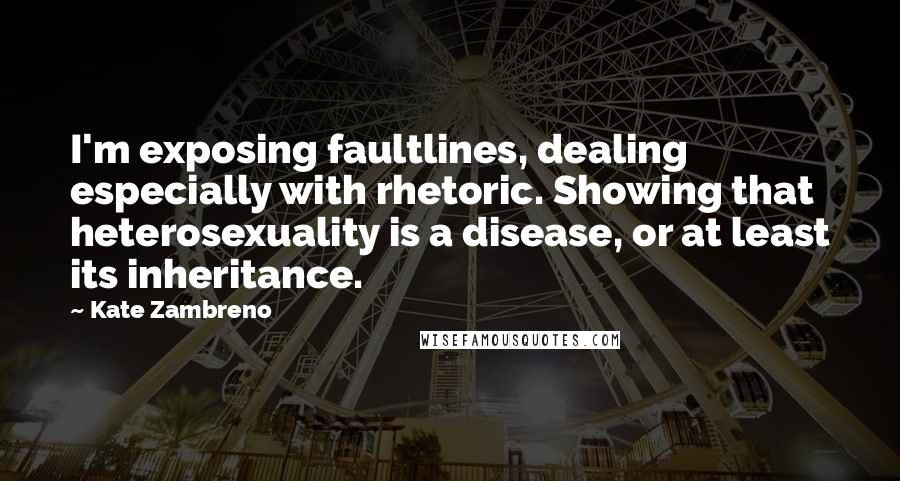 I'm exposing faultlines, dealing especially with rhetoric. Showing that heterosexuality is a disease, or at least its inheritance.
I'm exposing faultlines, dealing especially with rhetoric. Showing that heterosexuality is a disease, or at least its inheritance.
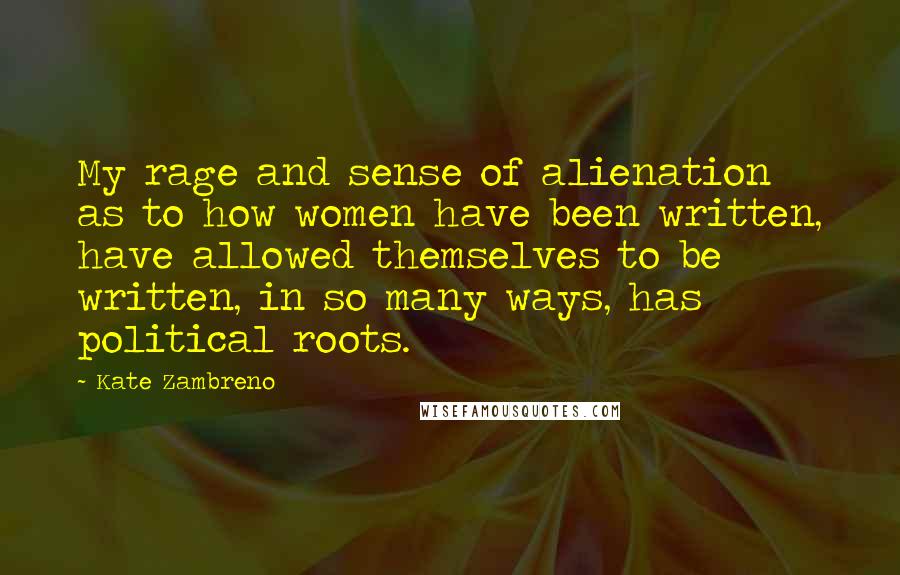 My rage and sense of alienation as to how women have been written, have allowed themselves to be written, in so many ways, has political roots.
My rage and sense of alienation as to how women have been written, have allowed themselves to be written, in so many ways, has political roots.
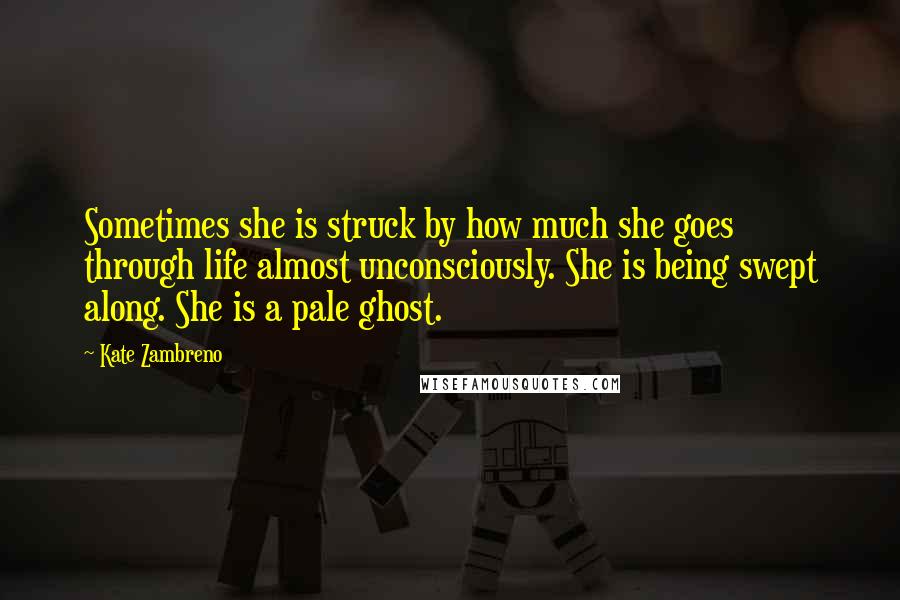 Sometimes she is struck by how much she goes through life almost unconsciously. She is being swept along. She is a pale ghost.
Sometimes she is struck by how much she goes through life almost unconsciously. She is being swept along. She is a pale ghost.
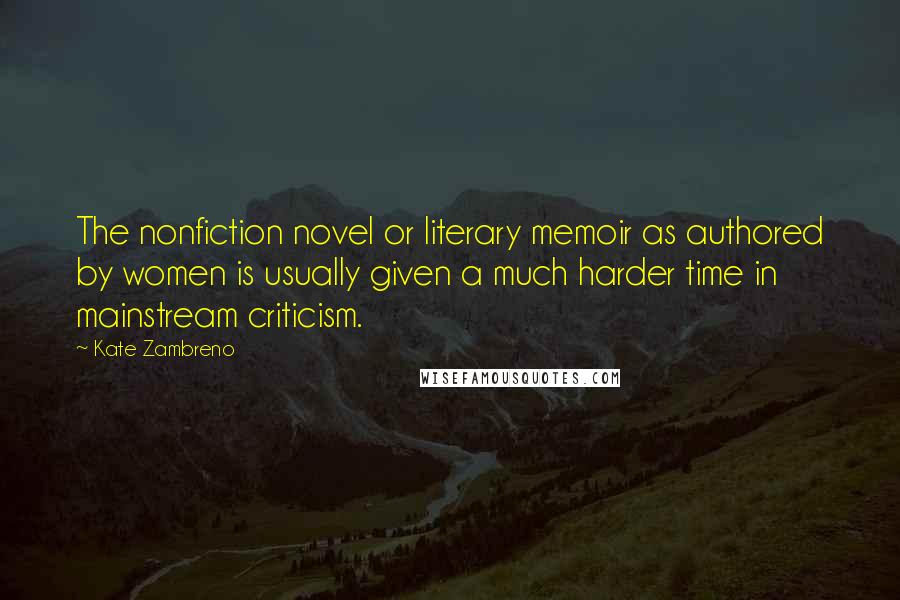 The nonfiction novel or literary memoir as authored by women is usually given a much harder time in mainstream criticism.
The nonfiction novel or literary memoir as authored by women is usually given a much harder time in mainstream criticism.
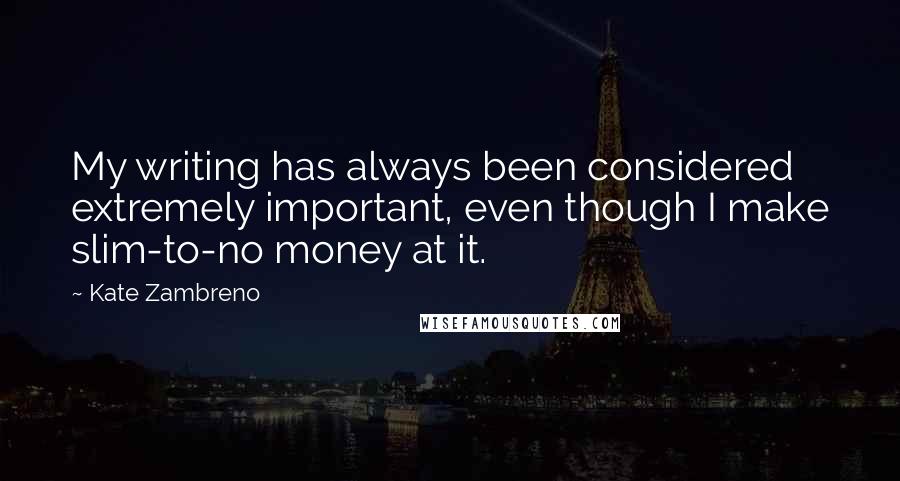 My writing has always been considered extremely important, even though I make slim-to-no money at it.
My writing has always been considered extremely important, even though I make slim-to-no money at it.

